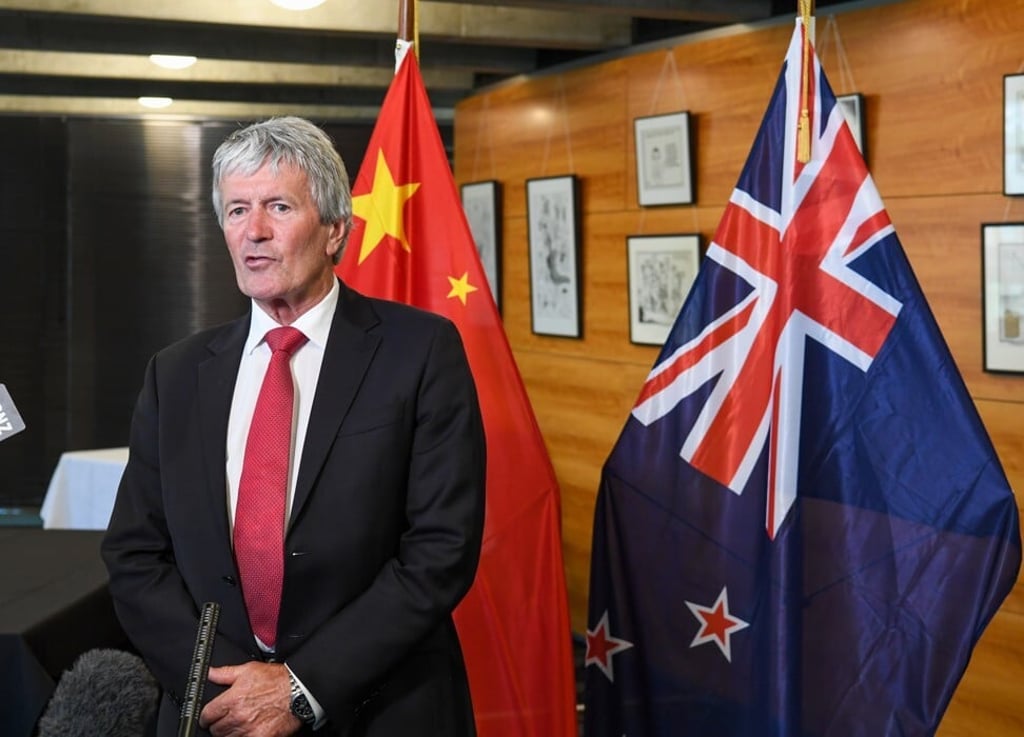Opinion | Hedging on China’s rise: Australia and New Zealand offer lessons on the benefits and pitfalls
- A New Zealand minister’s advice to Australia on dealing with Beijing may be impolitic, but it lays bare the challenges of small nations caught in the US-China competition for influence in the Indo-Pacific region

But, as inappropriate as O’Connor’s remarks might have been, they do raise a pertinent question facing the smaller countries of the Indo-Pacific region: what is the best foreign policy strategy to manage China’s rise?
The region has been experiencing something of an epochal transformation in the past two decades, moving from a region where US hegemony was unquestioned to one where there is now an apparent revisionist challenger: China.

Many believe the coming decades will see the complete breakdown of Sino-US relations. Some argue that the seeds of a new cold war have been sown while others, even more pessimistically, argue that the US will be forced to take pre-emptive action against China. In either scenario, the region’s smaller countries will find themselves navigating an extremely challenging environment.

